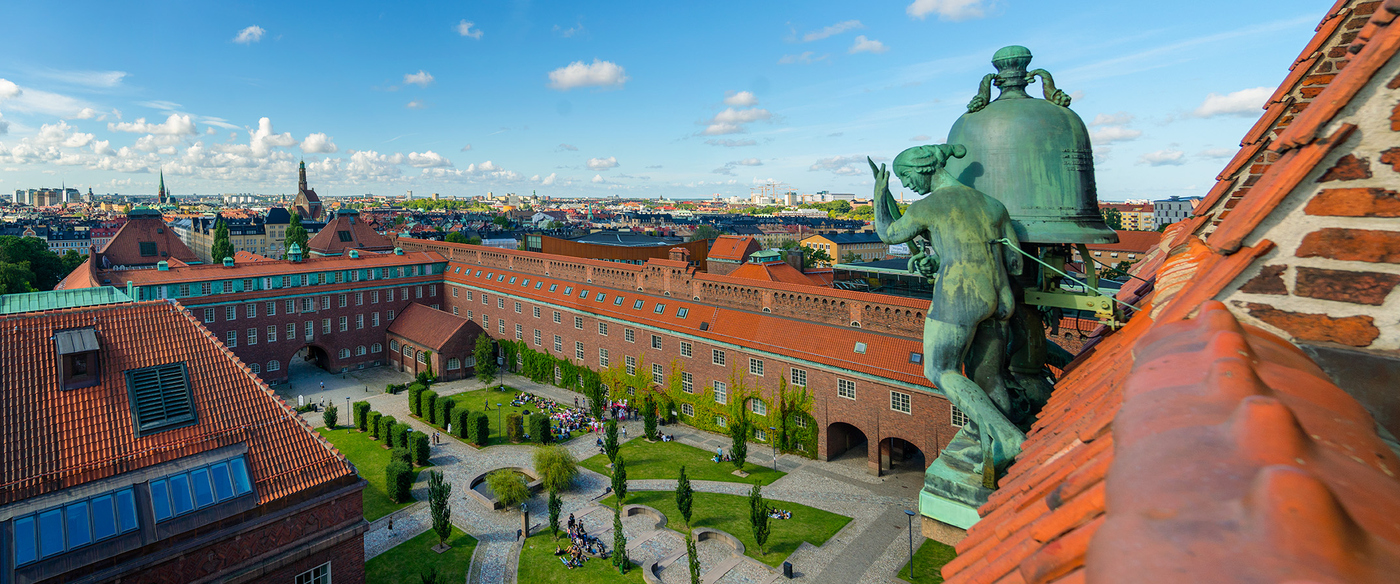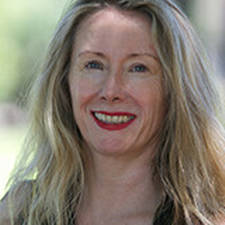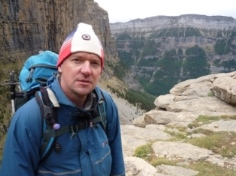Guests at the EHL 2018
Every year we welcome several visiting scholars and other academic staff. Some come to teach in courses or in other ways collaborate with us, others come mainly do their own research. One thing they all have in common is that they become a big part of the EHL and the Division.

Fall 2018
|
Esther Zamboni Rossi, PhD student at the Universidade Federal de Santa Catarina in Florianopolis Esther works with Eunice Nodari and her team of environmental historians. She is working on the environmental history of waste management in the city of Porto Alegre since 1970. She received a rather prestigious scholarship from the Brazilian agency Capes in order to spend a semester with us at the Lab. Period: September to December |
Spring 2018
|
Claire Lagier, PhD Student, RCC Munich (ITN) Claire is an early career researcher within the ITN Marie Curie programme Enhance and she works on the MST (Landless) movement in Brazil, researching the connections between the use and discourse of agroecology and climate risk perception. Claire is also one of the editors of Uneven Earth . Period: March to May |
|
Jeroen Oomen, PhD Student, RCC Munich (ITN) Jeroen Oomen is trained in philosophy, sociology and political science, with a particular interest in questions of equality and justice, environment and climate change. He holds a B.A. (2011) and M.A. (2013) in Philosophy from the University of Amsterdam, the Netherlands, and a M.Sc. (summa cum laude, 2016) in International Relations and Diplomacy at the University of Antwerpen. He joined the RCC and Deutsches Museum in October 2015 as a doctoral candidate and Early Stage Researcher (ESR) of the ENHANCE ITN. Jeroen Oomen divides his time between the Deutsches Museum and the RCC, and was a visiting fellow at Harvard University in the Winter and Spring of 2017. His PhD-research entails a sociohistorical study of the sociotechnical development of climate engineering, focusing on case studies of the SPP-1689 in Germany and the David Keith Group, at Harvard University. Period: March to June |
|
Anna Fava, Lerici fellow Anna is a historian of Italian language and she is a PhD candidate in philology. She is currently working on a lexicon of the Italian environmentalism. Period: March to June |
|
Dr Fiona Cameron, visiting professor at Linköping University, Sweden, LiU 
Cameron is a pioneer in the academic field of museums and climate change engagement and has published extensively, including five books and more than 80 articles in leading journals. She is also a museum practitioner and has worked in the sector as a museum director, a social history curator and as a curatorial consultant on major exhibition projects in New Zealand, Australia, Singapore and Vanuatu. Period: June to July |
|
Jonathan Curruthers-Jones, PhD student Leeds (ITN) 
Jonathan is a Marie Skłodowska Curie Doctoral Research Fellow at the University of Leeds as part of the ENHANCE ITN. His research interests explore the complex issues which surround human-nature interactions and how they relate to the long-term success of nature conservation. This work focuses on nature-based solutions such as wilderness conservation and rewilding in mountain regions. Jonathan’s fieldwork takes place in the Scottish Highlands and the French Pyrenees and uses mixed-methods organised around participatory mapping activities to explore different ways of measuring wildness including human perceptions, GIS and sound. Period: June to August |
|
Bill Adams Bill Adams is Moran Professor of Conservation and Development in the Department of Geography at the University of Cambridge. He is currently working on a new edition his book on sustainable development (Green Development, Routledge 2003), and a new project on Future Natures, focusing on ideas of naturalness, authenticity and artificiality in nature conservation. In particular, he is interested in the implications of novel technologies in conservation theory and practice, and the importance of ideas of place in conservation territorialization |
